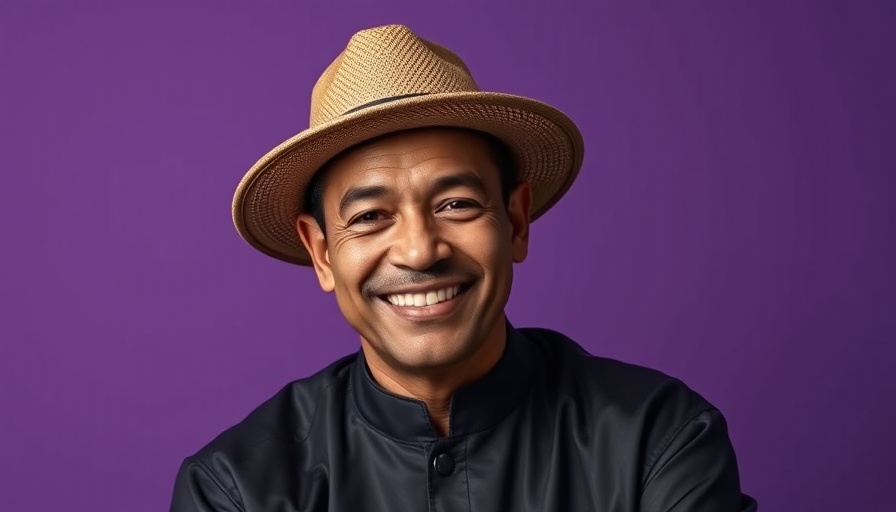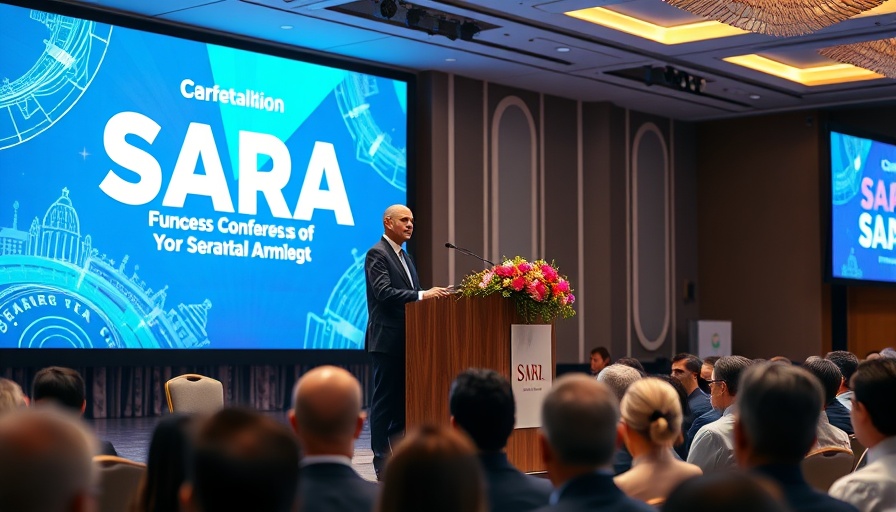
Reimagining Africa’s Economic Landscape
In a significant move towards enhancing African unity, the Governor of Bayelsa State, Douye Diri, is championing the idea of economic cooperation among Africa's sub-national governments. This initiative, announced during a meeting with Mr. Archer Mangueira, Governor of Namibe Province in Angola, opens the door to innovative collaborations that can invigorate the economies of both regions. As Africa seeks to reduce its reliance on Western economies and cultivate internal partnerships, the implications of such alliances could be transformational.
Shared Maritime Goals: A Catalyst for Cooperation
Governor Diri highlighted the parallels between Bayelsa and Namibe, both coastal states situated along the Atlantic Ocean. These similarities provide a unique opportunity to establish a mutually beneficial relationship centered on their maritime resources. Namibe's success in developing its marine economy as a fishery hub serves as an inspiring model for Bayelsa, which boasts extensive coastlines and an untapped aquatic economy. This is a prime example of how states can learn from one another to bolster economic sectors that are underrepresented and ripe for growth.
A Call for Stronger Inter-State Relationships
The call for improved relationships among African states resonates deeply within the context of historical communication gaps that have existed for years. Diri’s remarks pinpoint a pivotal shift needed in the mindset of governors and leaders across the continent. By prioritizing intra-African relationships over collaborations with external nations, African states can form enduring partnerships that foster economic stability and shared growth.
A New Vision for Sustainable Development
As Diri points out, Bayelsa is not just about oil; it has potential in fisheries and other sustainable practices thanks to its geographical advantages. By collaborating with Namibe, both states can explore avenues for sustainable development that champions their environmental and economic strengths. These partnerships are not merely about resource-sharing but about envisioning a future that places value on shared heritage and common goals.
Moving Beyond Dependency
Diri’s vision challenges traditional views on economic interdependence. By working together, Bayelsa and Namibe can leverage their resources, from oil and gas to fisheries, minimizing their economic vulnerabilities. Such collaboration could pave the way for African states to emerge as self-sufficient entities that capitalize on internal strengths rather than depend on foreign investments, thus reshaping the continent's economic narrative.
Embracing the Future: A Collective Path Ahead
The prospect of partnerships like these could usher in a new era for Africa, where states actively engage in trade and cooperation. As governments begin to prioritize regional collaboration, the emphasis can shift towards problem-solving and innovation that addresses common challenges faced by nations. It’s an exciting time—one that demands leaders to rise to the occasion and embrace the possibilities that lie ahead.
 Add Row
Add Row  Add
Add 




Write A Comment